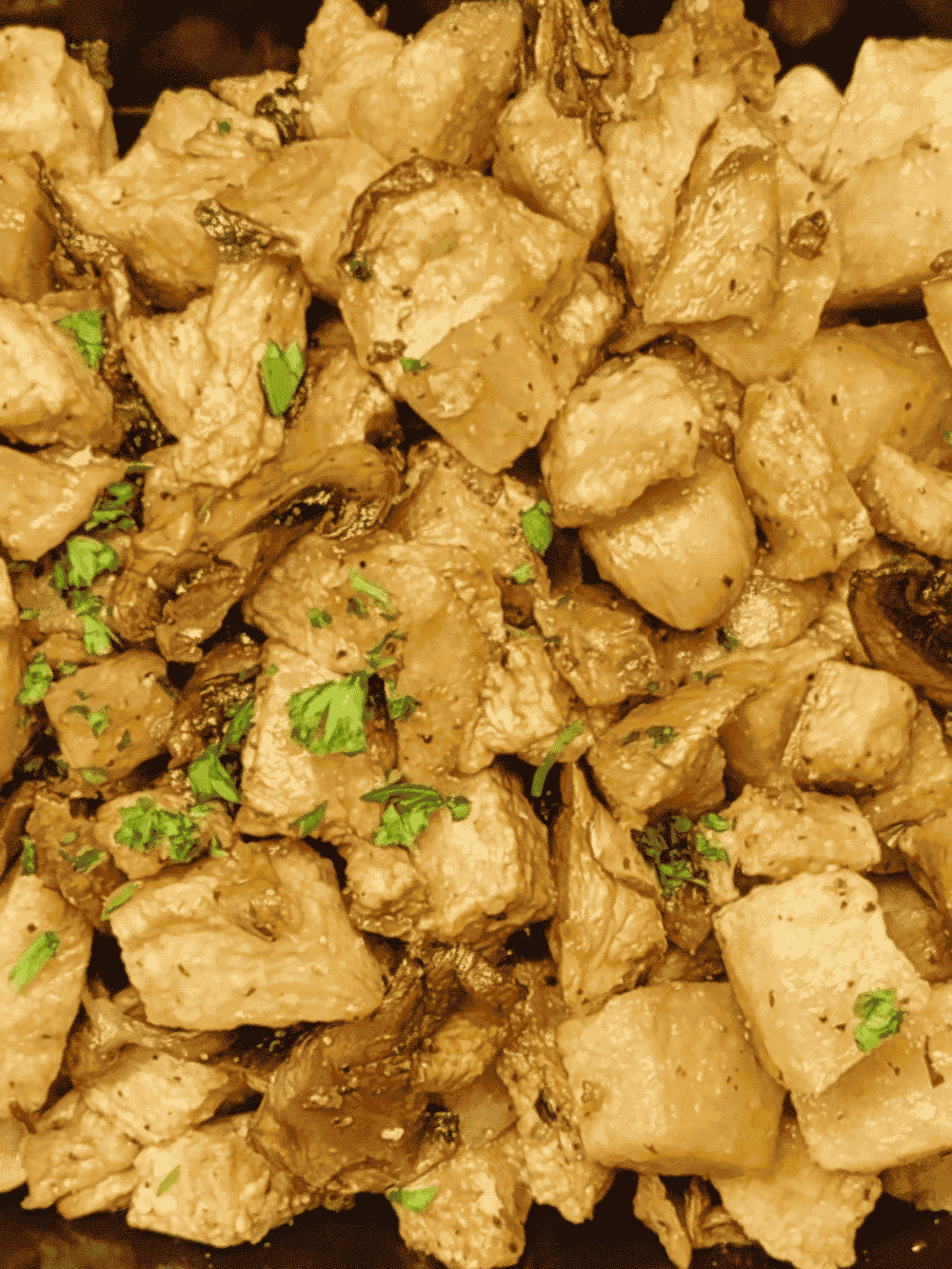What Is Jicama?
Is jicama a starch? Is it low in calories and carbs? This veggie is composed of about 86 percent to 90 percent water, so it’s naturally low in calories, natural sugars and starch — and, therefore, it has a low score on the glycemic index. It fits most diets, including the vegan, Paleo and the ketogenic diet plan.
Other jicama nutrition benefits include that it’s a good source of immune system-boosting nutrients such as vitamin C, magnesium, potassium and fiber.
Benefits
1. Great Source of Prebiotic Fibers
Although it’s a root veggie, jicama is surprisingly low in starch, sugar and carbs compared to other vegetables like potatoes, turnips, beets and rutabaga. Where jicama really stands out is its standing as a high-fiber food — with about 25 percent of your daily dietary fiber needs in every one-cup serving. Jicama’s also contains a prebiotic fiber that helps “good bacteria” living within the GI tract do their job best. Food scientists believed that eating jicama can provide prebiotics that help improve protection from cancer because of gut flora-mediated fermentation and the production of butyrate. Most people don’t eat enough prebiotics, so including more raw jicama in your diet is one way to help up your intake and foster protection against cell mutations and tumor growth within the digestive organs.
2. Supports Weight Loss and Blood Sugar Control
Why is jicama good for diabetics? As a veggie high in fiber, jicama also has a low glycemic index and is therefore a great starchy vegetable choice for anyone struggling to balance their blood sugar. It may also be helpful for losing weight fast, too. When digested, high-fiber foods also expand in your stomach and absorb water, so it’s important for keeping you full.
3. Helps Increase Immune Function
As a source of valuable prebiotics, jicama’s unique fiber molecules help balance the growth of good-to-bad microbes residing within the intestines and colon. A very large percentage of the immune system — over 75 percent — is actually stored with your GI tract, so proper immune functioning depends a lot on a delicate balance between the bacteria populating your microbiota.
4. Benefits Heart Health
Like many vegetables, jicama has a high water and nutrient density, and is otherwise largely made of different types of carbohydrate molecules.Oligofructose inulin, which makes up a good percentage of the fiber found in jicama, is linked to improved cardiovascular health and the ability to lower cholesterol naturally.
A diet that includes plenty of high-fiber foods is capable of improving arterial health and reducing inflammation, therefore offering protection against heart disease. It can also lower the risk for developing metabolic syndrome, high cholesterol or blood pressure, diabetes, and insulin resistance.
Other nutrients found in jicama that may fight heart disease include vitamin C (a powerful anti-inflammatory and that fights free radicals) and potassium (important for controlling blood pressure levels).
5. Great for Digestion
Water and fiber-rich vegetables are recommended for anyone battling digestive issues because they’re hydrating and provide fiber, essential electrolytes and nutrients that support intestinal and gut health.
Jicama is considered by experts to be a very easily digested veggie since it’s high in water, and its fiber content can naturally relieve constipation or treat diarrhea.
Jicama also is an anti-inflammatory food that can reduce flare-ups in the GI tract associated with IBS, ulcers, leaky gut syndrome and autoimmune digestive disorders.
6. High in Antioxidant Vitamin C
Eating jicama is a good way to increase your intake of certain antioxidants, including vitamin C. Just one cup of raw jicama provides over 40 percent of your daily vitamin C needs.
Vitamin C is a crucial antioxidant that scavenges free radical damage and controls inflammation. Eating plenty of vitamin C foods helps control inflammation, which is important for keeping oxidative stress levels lower and protecting against cancer, autoimmune diseases, cardiovascular disease and cognitive decline.
7. Supports Bone Health
Jicama’s oligofructose inulin helps keep bones strong because it enhances mineral retention, suppresses the turnover rate of bone loss and helps with the absorption of calcium into bones.
It also supplies important nutrients like potassium, magnesium and manganese that studies show are needed for proper bone mineralization and protecting against bone loss or osteoporosis into older age. That’s why jicama should be added to any osteoporosis diet natural treatment.
You can see why OptimizeU offers jicama weekly on our “By The Pound” menu as well as offers it in a variety of meals.




Reviews
There are no reviews yet.